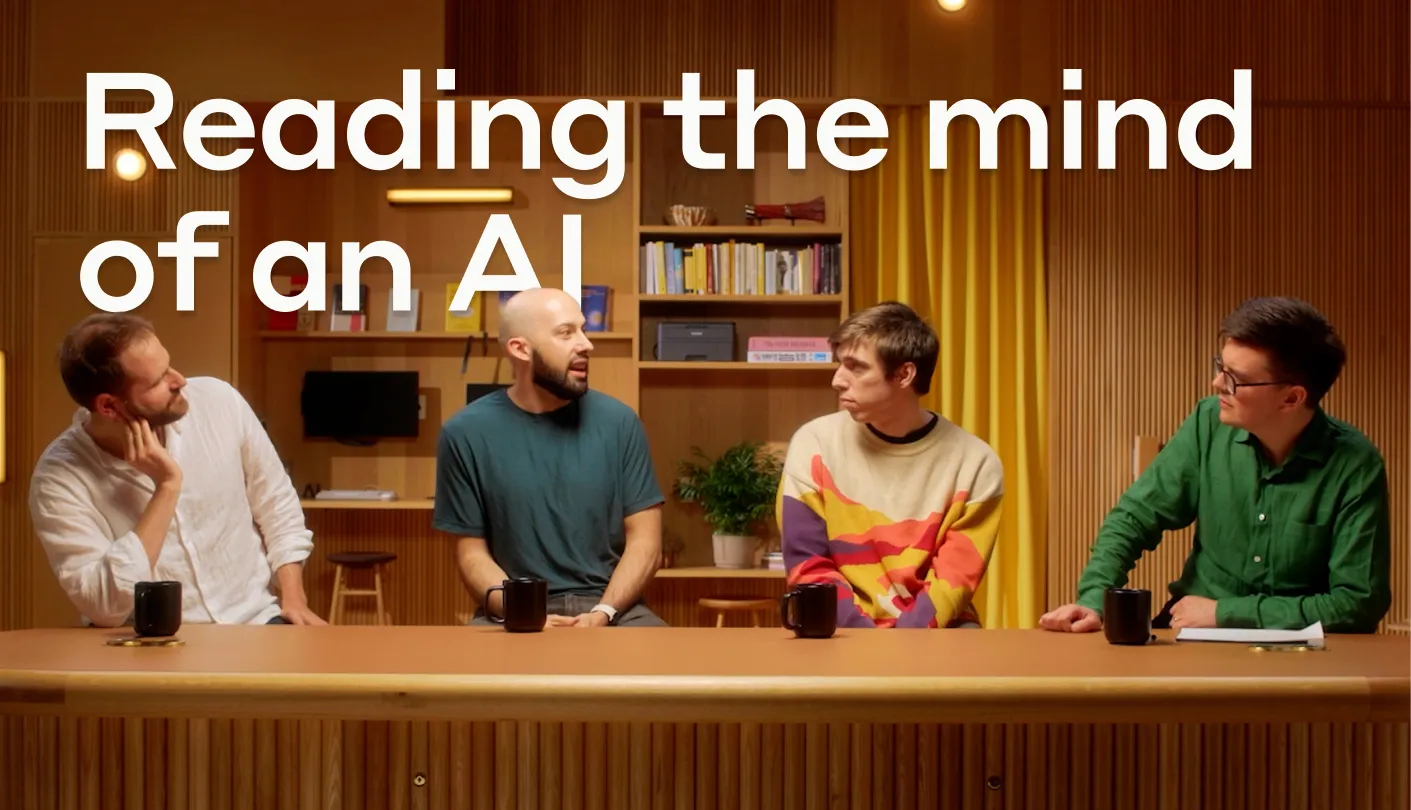
Microsoft just did something interesting - they added an auto model selector to Visual Studio Code that actually favors Anthropic's Claude models over OpenAI's GPT for certain coding tasks. Not exactly a revolution, but definitely a crack in the exclusive partnership facade.
This isn't Microsoft "dumping" OpenAI like the tech blogs want you to believe. It's Microsoft admitting that no single AI model is perfect for everything, and maybe - just maybe - competition actually makes things better for developers.
The real story here isn't corporate drama. It's that Microsoft is finally letting developers choose the tool that works best instead of forcing them to use whatever model has the biggest marketing budget.
Why This Actually Matters (Beyond the AI Model Wars Bullshit)
Look, I've been using both Claude and GPT-4 for coding work, and here's what I've noticed in my actual day-to-day coding: they're both pretty good, but they're good at different things.
Claude tends to understand context better when I'm working with large codebases. GPT-4 is faster for simple completions but sometimes suggests code that looks right until I actually run it and everything breaks in weird ways.
Having VS Code automatically pick the best model for the task means I don't have to think about which AI to use. I just want code suggestions that don't waste my time debugging AI-generated garbage.
The real win here is that Microsoft is treating AI models like tools instead of religions. Use the right tool for the job, not the one with the biggest marketing budget.
What the Multi-Model Approach Actually Means
The smart thing Microsoft is doing is not putting all their eggs in one AI basket. According to TechCrunch, they're integrating multiple AI models including Anthropic's Claude and xAI's Grok alongside OpenAI's models.
This isn't about one model being definitively "better" - it's about having options. Different models excel at different tasks, and letting the system automatically choose based on what you're trying to do is actually pretty smart.
Microsoft is also planning to integrate Anthropic models into Office 365, which suggests they're serious about this multi-vendor approach. OpenAI models will still power basic Copilot features, but Claude will handle more complex tasks.
It's like having different compilers available - use GCC for most things, Clang when you need better error messages, and Intel's compiler when you're optimizing for performance. Same principle.
The Business Reality Nobody Wants to Talk About
Microsoft invested $13 billion in OpenAI, but that doesn't mean they're stuck using inferior technology just to justify the investment. This is business, not marriage.
The multi-vendor AI strategy makes perfect sense when you think about it. Why limit yourself to one model when different tasks might be better suited to different approaches?
What's interesting is that Microsoft is essentially hedging their bets. OpenAI is still valuable for general AI tasks, but for specific developer tools, maybe Anthropic has a better solution. It's like how we use Postgres for most shit, Clickhouse when we need to crunch a billion rows, and Redis when we're tired of waiting 500ms for database queries.
The awkward part isn't the technology choices - it's explaining to your biggest AI partner that you're shopping around for alternatives.
What This Actually Means for Developers
The auto-model selection in VS Code is actually pretty simple: the system picks the model that works best for your specific coding task. No more guessing which AI to use or switching between different tools.
For most developers, this just means better code suggestions without having to think about which model is generating them. You type, the AI suggests, you accept or reject based on whether it's useful. The infrastructure handles the rest.
Microsoft finally figured out this is an engineering problem, not a vendor loyalty test. Different models are good at different shit, so use whatever works instead of whatever your business development team negotiated.
Why Competition Is Actually Good
Here's the thing: when Microsoft was locked into only using OpenAI models, there was no pressure to improve. Now that they're willing to use alternatives like Anthropic's Claude, suddenly everyone has to actually compete on performance.
This benefits developers because we get better tools. It benefits Microsoft because they're not stuck with inferior technology just to maintain a partnership. And it benefits the AI companies because they have to keep improving instead of coasting on existing relationships.
The multi-vendor approach also reduces risk. If one AI company has a major outage or security issue, Microsoft isn't completely screwed. They can route traffic to alternative models while the primary provider fixes their problems.
The Bigger Picture
Microsoft partnering with Anthropic for the C# SDK and integrating multiple AI models suggests they're building a more resilient AI infrastructure rather than betting everything on one company.
Smart business move, even if it makes for awkward partner meetings. The $13 billion OpenAI investment still matters, but it doesn't mean Microsoft is stuck using inferior technology when better options exist.
For developers, this means we get the best tools available instead of being locked into whatever partnership deal Microsoft's business development team negotiated. That's a win in my book.